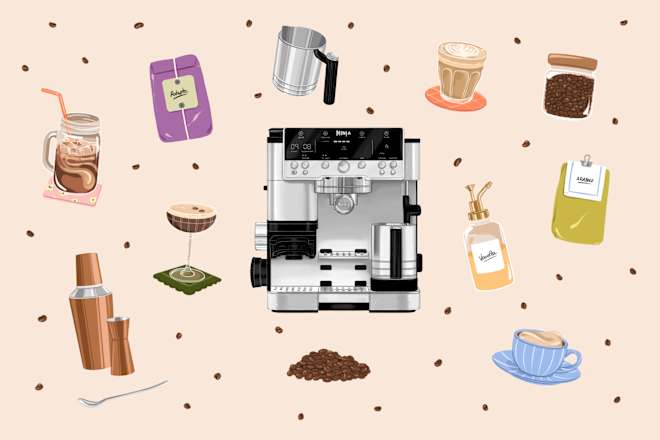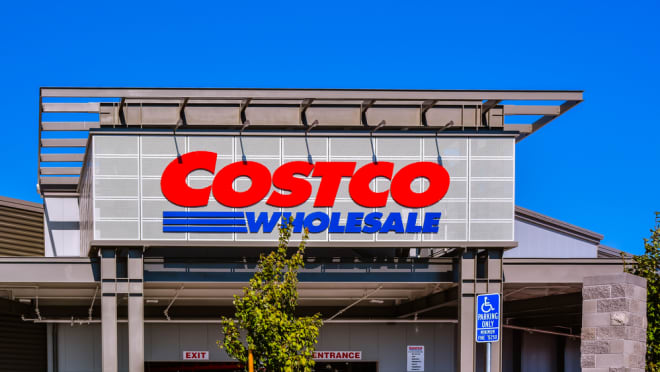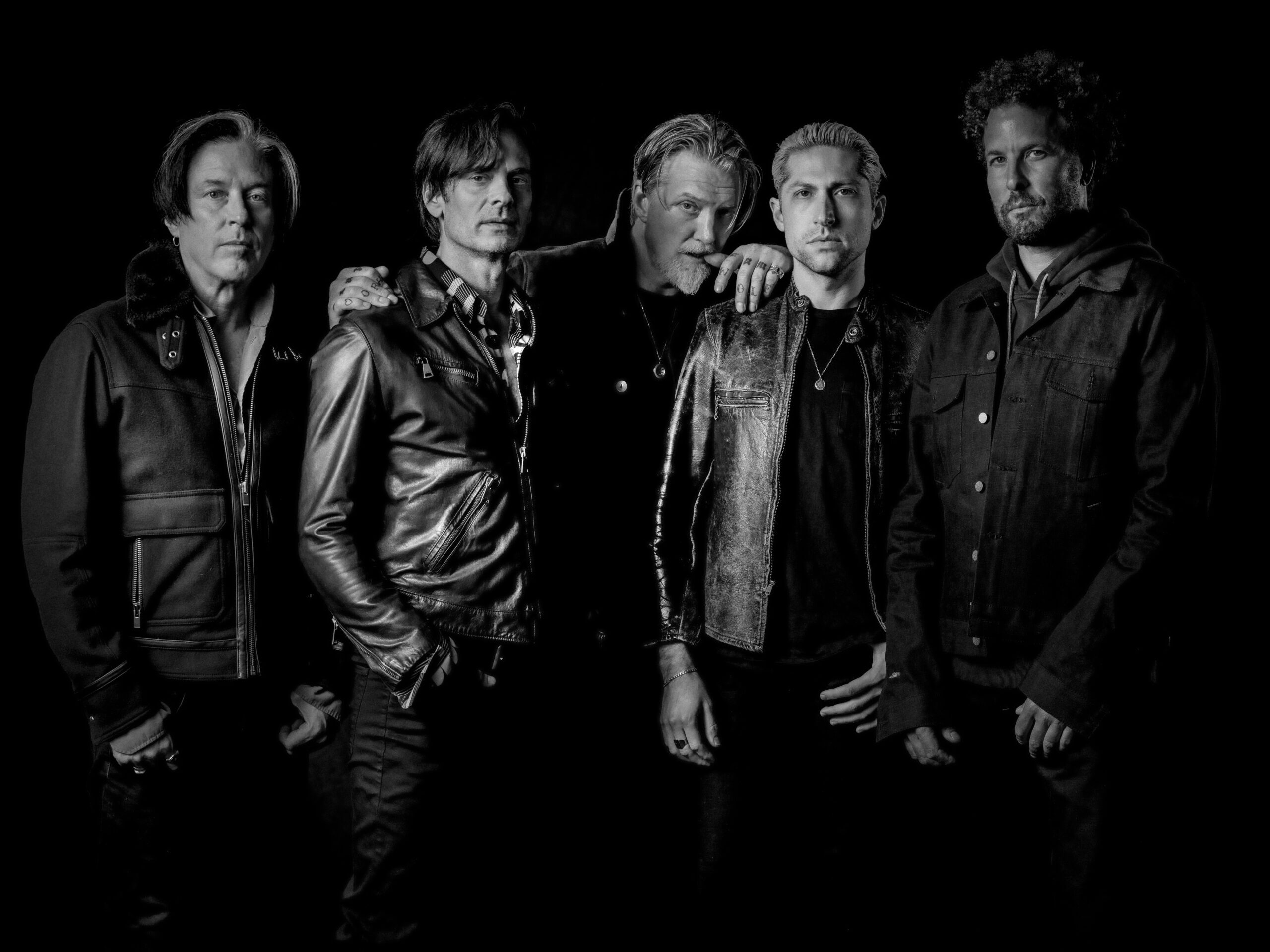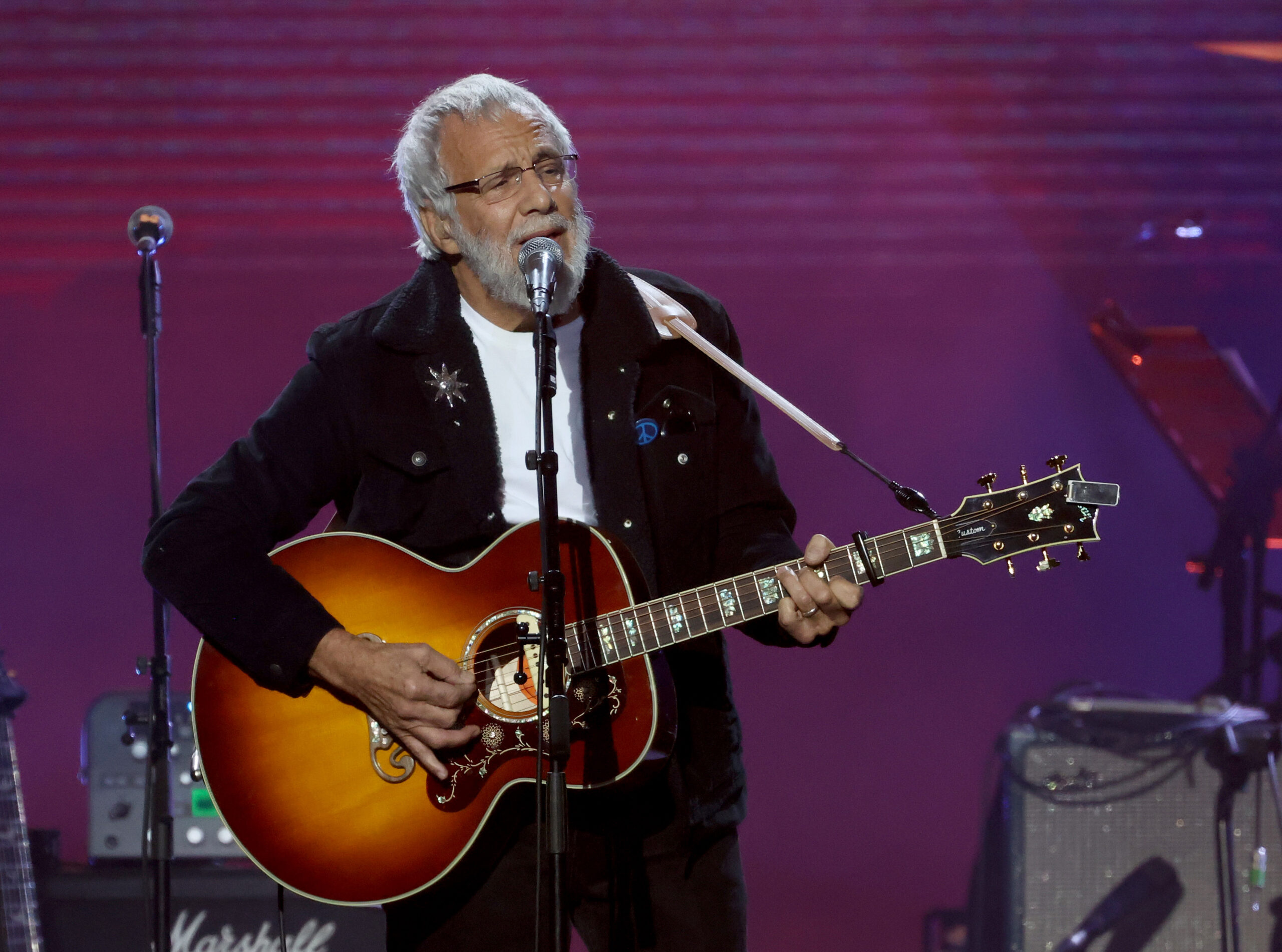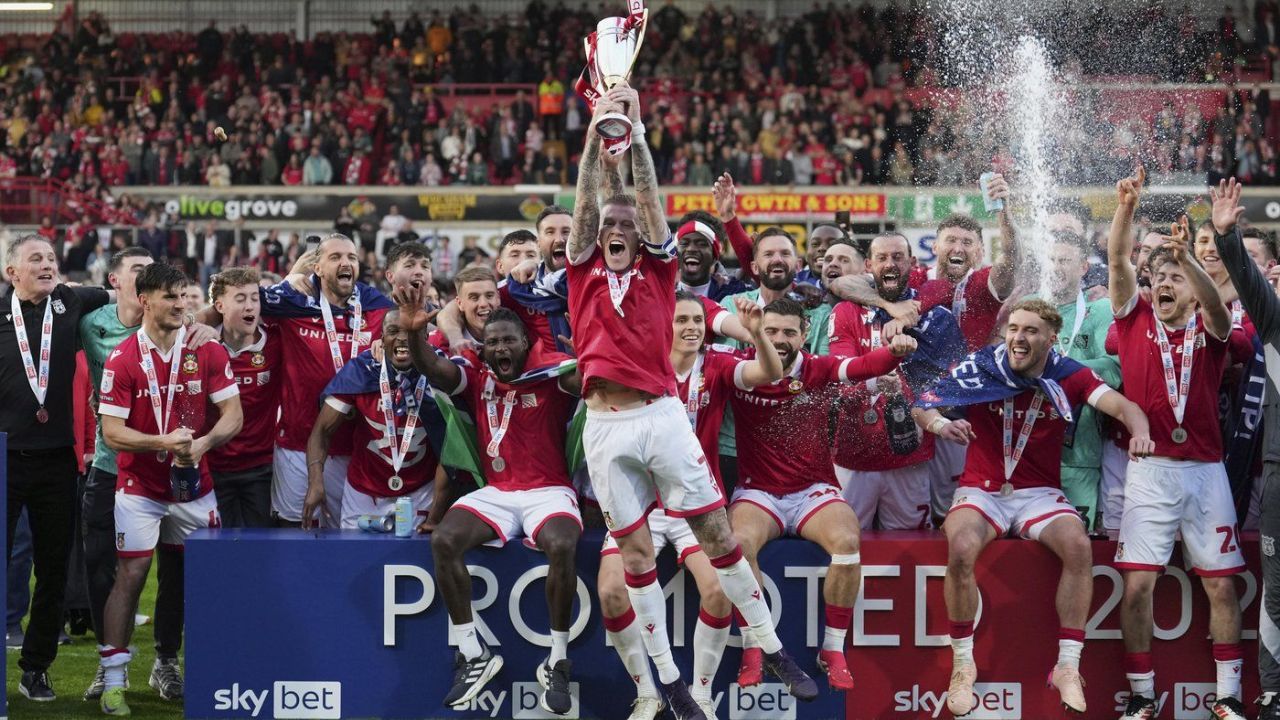The Memo: Trump makes pivot on tariffs, seeking firmer political ground
President Trump is resetting on tariffs after almost six weeks of turmoil that threatened to upend his second term. A Monday announcement that the United States and China had come to an agreement to suspend heavy tariffs on each other marked the effective end of the first phase of Trump’s approach on the topic. The...

President Trump is resetting on tariffs after almost six weeks of turmoil that threatened to upend his second term.
A Monday announcement that the United States and China had come to an agreement to suspend heavy tariffs on each other marked the effective end of the first phase of Trump’s approach on the topic.
The China agreement followed a more basic deal reached with the United Kingdom last week. Those two nations are the first to strike any kind of concrete agreement since Trump’s “Liberation Day” tariffs on April 2.
The upshot is that the most ambitious element of Trump’s tariff approach has, in effect, been abandoned. Few people now expect sky-high tariffs to be held in place for the years that would be required to — maybe — spark a serious resurgence in American manufacturing.
Instead, a short-term strategy to improve trading arrangements with individual nations, without upending the global system, seems to be the order of the day.
Intensive talks between American and Chinese negotiators in Switzerland set the stage for a reduction of 115 percentage points on tariffs between each side. U.S. tariffs on Chinese imports are to fall from 145 percent to 30 percent. Beijing’s levies on American imports are to fall from 125 percent to 10 percent.
Treasury Department Secretary Scott Bessent said that the highest tariffs imposed during the relatively short-lived trade war were “the equivalent of an embargo, and neither side wants that. We do want trade."
Bessent has emerged as one of the main advocates for a lighter touch on trade and tariffs. As such, the agreement is a victory for him and a defeat for those who had advocated for a more radical approach, notably Trump loyalist Peter Navarro.
Stock markets soared on the news of the pause. The Dow Jones Industrial Average gained more than 1,000 points, rising almost 3 percent. The broader-based S&P 500 climbed roughly 3.25 percent while the tech-heavy Nasdaq composite soared roughly 4.3 percent.
American tech companies got an especially big positive jolt. Shares in Apple rose by 6.3 percent, while Nvidia climbed 5.4 percent.
All three major stock indices have now erased the steep losses they incurred after the April 2 announcement.
Democrats concentrated their fire on the idea that Trump had climbed down.
Senator Minority Leader Chuck Schumer (D-N.Y.) wrote on social media: “Sadly, it looks like China once again got the better of Trump. Another example of Trump chaos.”
Sen. Elizabeth Warren (D-Mass.) sounded a similar note, contending that Trump’s “tariff chaos is shrinking the economy, jeopardizing Americans’ savings, and raising prices. And for what? He just caved to Xi Jinping.”
Trump was in some sense bowing to political realities, as well as economic ones, in making the deal with China.
The president’s approval ratings had dipped noticeably in the weeks since “Liberation Day.”
A NewsNation/Decision Desk HQ poll in late April put Trump 12 points underwater in terms of job approval, with 56 percent of Americans disapproving of his performance and just 44 percent approving.
Other major polls showed very similar results at that point, including a Reuters/Ipsos poll putting him at a net negative rating of 11 points, and a CBS News/YouGov poll showing him 10 points underwater.
The popular verdict on Trump’s economic performance was especially damning. The president vented on social media about an April Fox News poll that found, on tariffs, 58 percent of registered voters disapproved of his performance and just 33 percent approved.
On the economy at large, 56 percent of those surveyed disapproved and only 38 percent approved in the Fox poll.
But as the ground shifts on tariffs and stock markets recover, those political dangers are likely to recede.
To be sure, there are still many perils.
For a start, it is at least possible that the tariffs between the U.S. and China could ramp up again after the pause.
The greater danger, however, may be the uncertainty caused by the back-and-forth on tariffs — a factor that, on its own, can chill consumer sentiment and freeze business investment. Both factors would increase the chances of a recession.
The China news has also spurred some fears that prices for shipping will spike as imports surge.
But it’s notable that Trump’s move on China was almost simultaneous with a populist gambit.
On Monday morning, Trump announced an effort to curb the prices of prescription drugs — albeit in less dramatic fashion than some reports had suggested.
Trump’s executive order encouraged pharmaceutical manufacturers “to bring prices for American patients in line with comparably developed nations.”
There are still many questions around the specifics of how the order would work and what impact it would have.
But, from a political standpoint, there is only upside in being seen to be taking the side of American consumers against Big Pharma. The fact that attacks on pharmaceutical industry avarice are more commonly made by figures like Sen. Bernie Sanders (I-Vt.) than Trump’s GOP colleagues is largely beside the point.
Trump is not, of course, about to cease to be deeply controversial.
The president is this week enmeshed in a whole fresh controversy over Qatar’s reported plan to donate a luxury Boeing jet, worth roughly $400 million.
The jet could serve as a new Air Force One and is expected to be passed to Trump’s presidential library foundation after he leaves office. But the massive proposed gift has drawn criticism even from some on the right, while Democrats see it as flagrant corruption.
Yet even as that new storm breaks, Trump seems to have found respite from the tariff turmoil he brought upon himself.
The Memo is a reported column by Niall Stanage.



















_ElenaBs_Alamy.jpg?width=1280&auto=webp&quality=80&disable=upscale#)










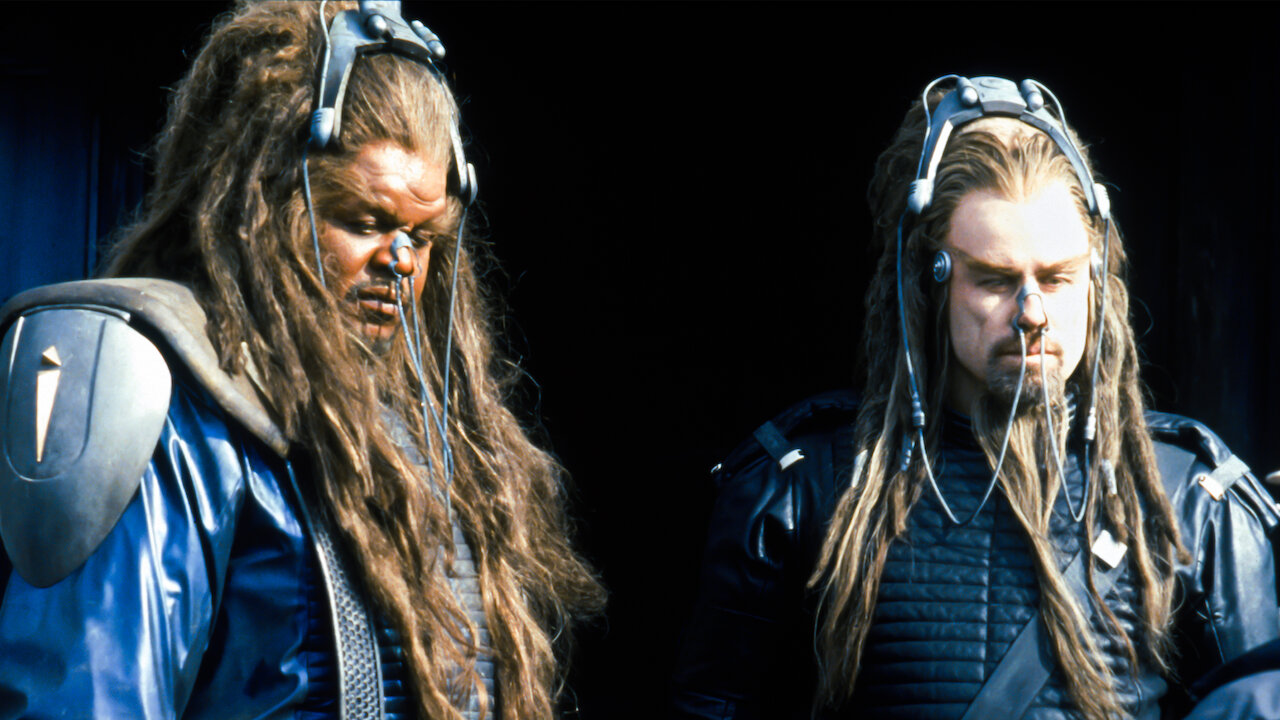








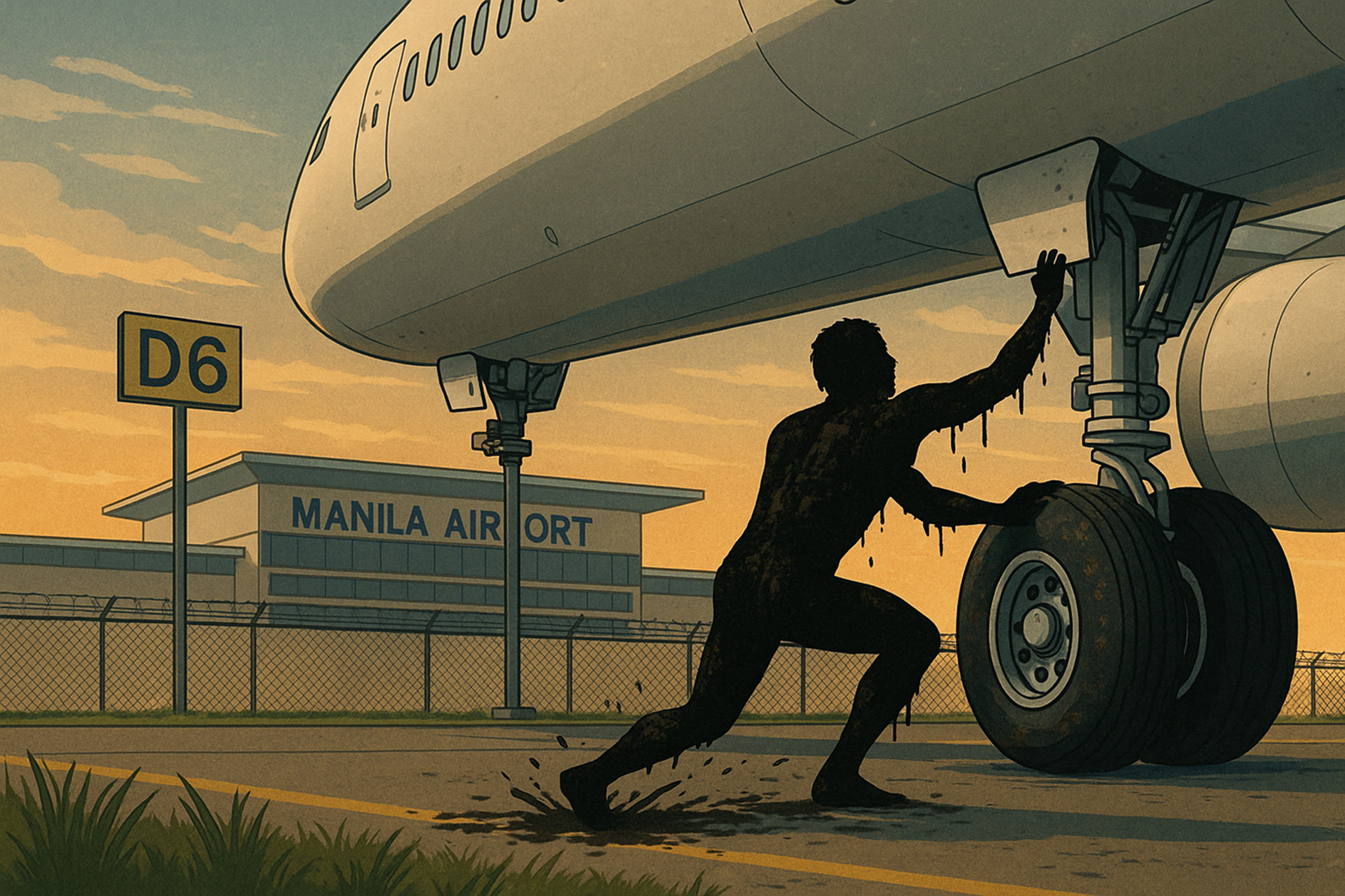
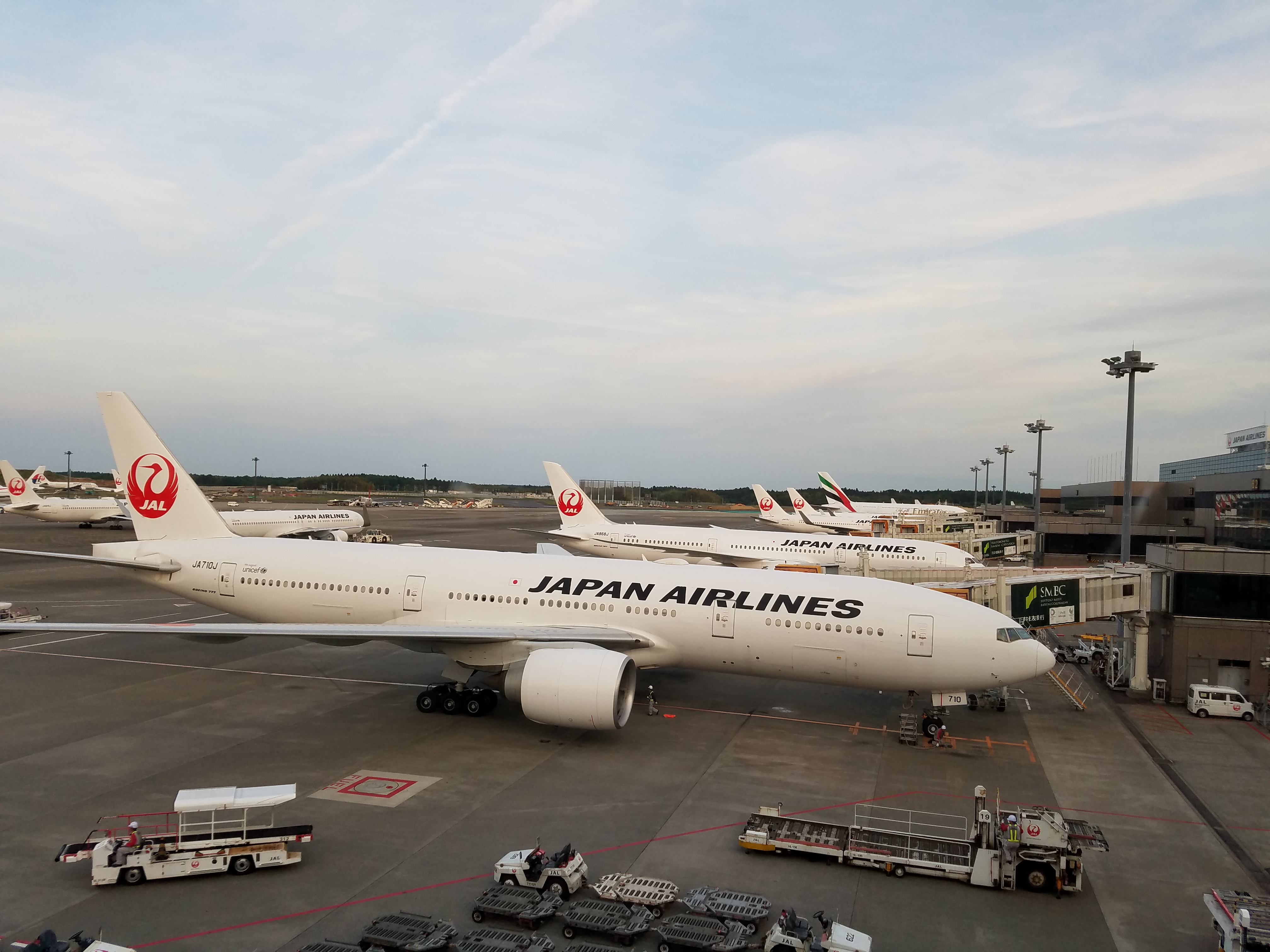
![Bitten By Bed Bugs At Luxor—Rushed To Hospital, All They Did Was Waive Her Resort Fee. Now She’s Suing [Roundup]](https://viewfromthewing.com/wp-content/uploads/2025/05/luxor.jpg?#)











